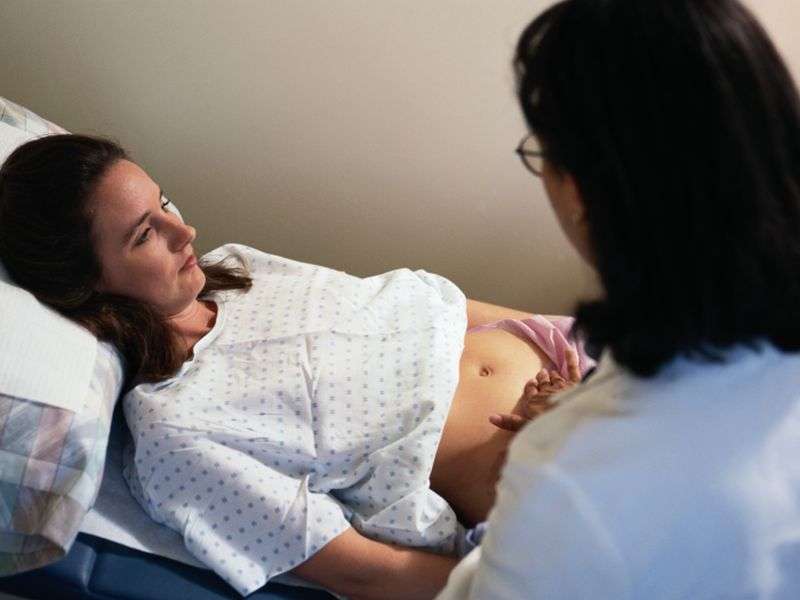Higher odds of trial of labor with night float call system

(HealthDay)—Physicians working on a night float call system are more likely to have patients with a prior cesarean delivery undergo trial of labor and achieve vaginal birth, according to a study published in the January issue of the American Journal of Obstetrics & Gynecology.
Lynn M. Yee, M.D., M.P.H., from the Northwestern University Feinberg School of Medicine in Chicago, and colleagues examined the correlation between obstetricians' call schedule and obstetric outcomes in a retrospective cohort study involving women eligible for a trial of labor after cesarean. The authors classified attending obstetrician call schedules as traditional or night float call, which was defined as a schedule in which the provider had clinical responsibilities only for a day or night shift, with no additional responsibilities before or after their period of responsibility.
The researchers found that 37 percent of the 1,502 eligible patients were delivered by physicians in a night float call system. Women cared for by physicians with a night float call schedule were significantly more likely to undergo a trial of labor after cesarean (33.1 versus 16.5 percent) and to achieve a vaginal birth after cesarean (18.7 versus 9.3 percent). After adjustment for confounding variables, these correlations persisted (adjusted odds ratios, 2.64 and 2.17, respectively).
"Using a night float call schedule may be an effective measure to promote a trial of labor after cesarean and vaginal birth after cesarean," the authors write.
More information: Full Text
Copyright © 2017 HealthDay. All rights reserved.

















